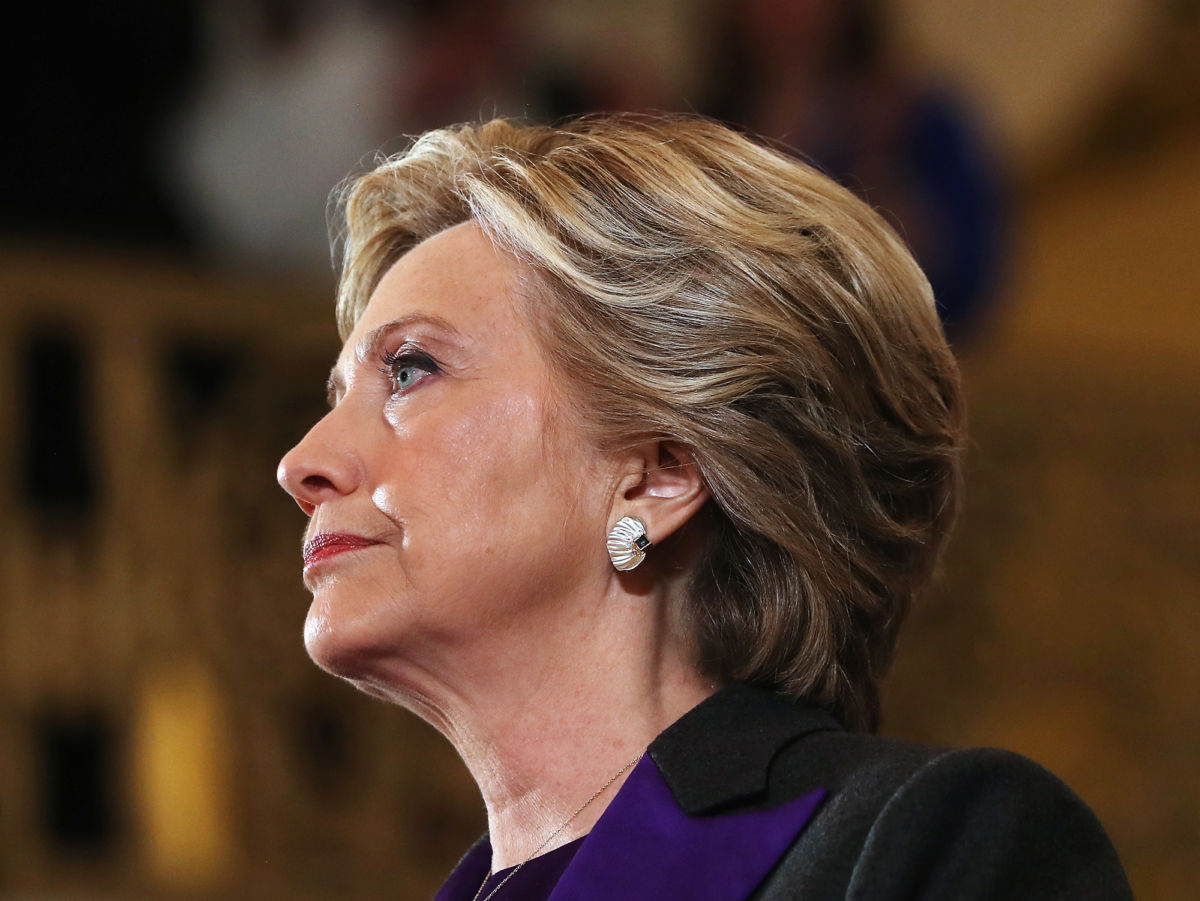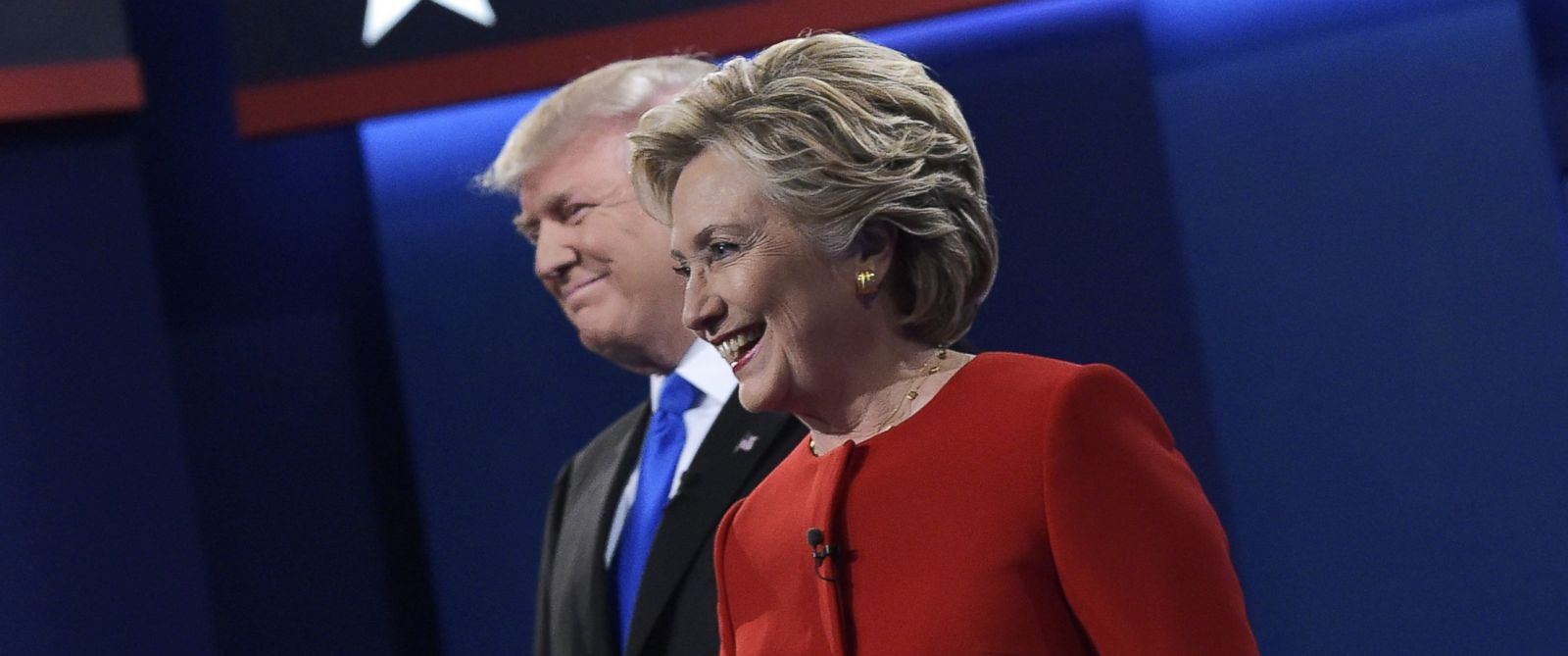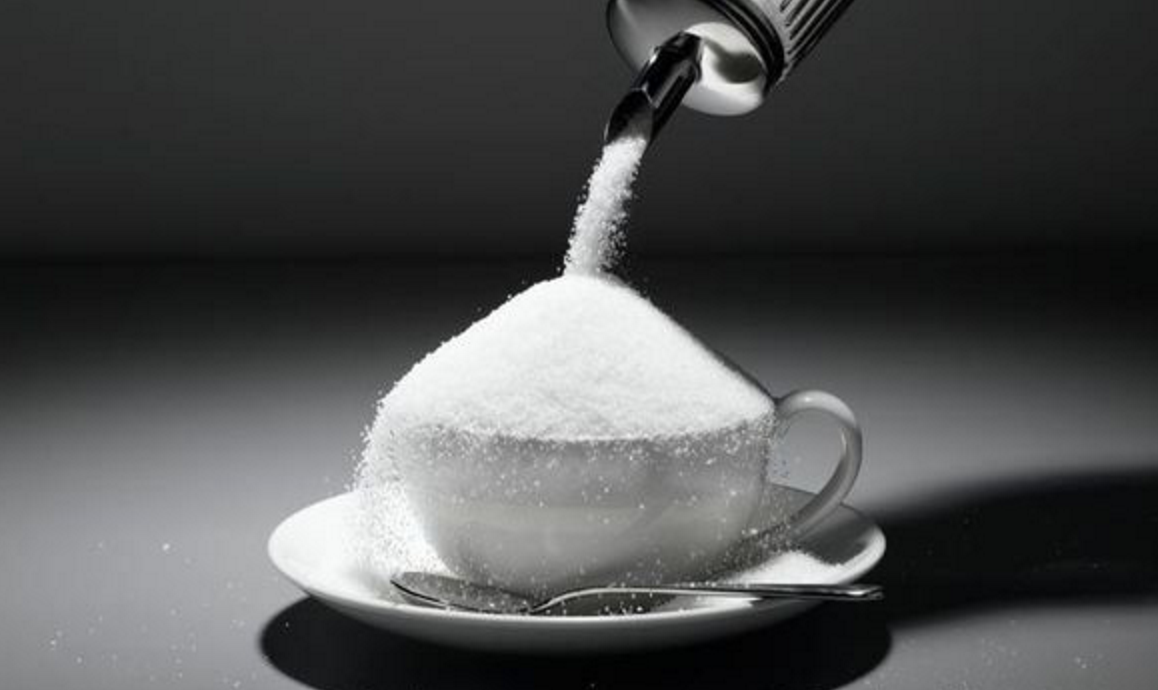Politics
MCEVOY MINUTE | The Example of Senator Warren
|
On Tuesday night, Democrats in the Senate took the floor to speak out against the nomination of Jeff Sessions for Attorney General. Earlier in the day, the Senate voted 52-47 to limit debate on Sessions and move towards the final confirmation vote. Sessions was later confirmed as Attorney General on Wednesday night. There are several concerns that Democratic Senators, and many members of the public, have with the appointment of Sessions. As Attorney General, Sessions would need to be an impartial enforcer of the nation’s laws, which may require him to stand up to President Donald Trump if his actions overstep the boundaries of his executive power.




